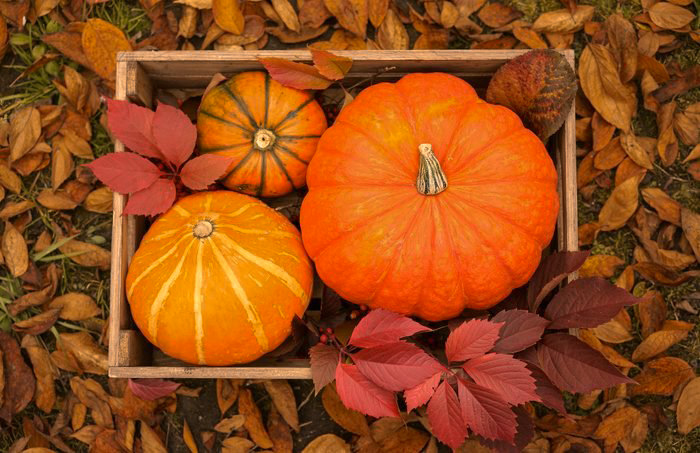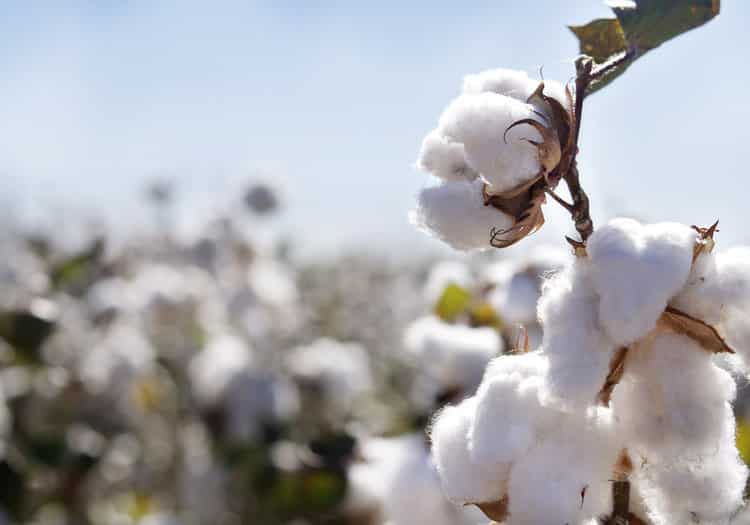
7 Reasons You Should be Buying Organic Cotton
- Linda Cabot


Many people think that cotton is a “natural” fabric and therefore chemical-free. That couldn’t be further from the truth. Conventional cotton farming is a chemically-intensive process that puts great stress on the environment, in fact, many consider it to be the world’s most toxic crop!
A Pesticide-Free Crop Is Healthy for Farmers and Wildlife
Let’s show our love for Mother Earth and protect animals big and small. Conventional cotton exposes birds, insects and other wildlife to harsh chemicals. Farmers are also exposed to these highly toxic chemicals including Aldicarb, Parathion, and Methamidophos, creating serious health issues for farmers and their families.
Often cotton farming is conducted in developing countries where education about proper chemical and pesticide handling is limited further exacerbating the problem. This chemical exposure can lead to illness resulting in significant economic and social stress to the community.

Chemical-free Soil Keeps Farmland Healthy for The Future
Soils that are bombarded with chemicals and pesticides aren’t healthy and viable for the long haul. Organically farmed cotton keeps the soil healthy, resilient, and biodiverse so the farmland can continue to produce crops for a long time to come.
Non-GMO Seeds Give Farmers Control of Their Own Destiny
When farmers rely on Genetically Modified Organisms for seeds, they become beholden to large and powerful corporations that don’t necessarily operate with the farmer’s best interest in mind. The farmer’s become reliant on these patented seeds that According to Farm Aid
Farmers who buy GMO seeds must pay licensing fees and sign contracts that dictate how they can grow the crop – and even allow seed companies to inspect their farms. GMO seeds are expensive, and farmers must buy them each year or else be liable for patent infringement. And while contamination can happen through no fault of their own, farmers have been sued for “seed piracy” when unauthorized GMO crops show up in their fields.
Farmers who plant organic and non-GMO cotton are in control of their own farm and can protect their livelihood as they see fit.

Regional Water Supply and Waterways Aren’t Tainted by Fertilizers
When pesticides and herbicides are used for cotton farming the chemicals eventually make their way to the water supply via leaching or runoff. While prudent planting methods can reduce the impact of fertilizer and pesticide there is still significant environmental impact when these are used.
Organic cotton Uses Less Water Than Its Conventional Counterparts
The Textile Change commissioned a study that studied both conventional and organic cotton. The peer-reviewed study showed that “organic production of cotton for an average sized t-shirt resulted in a savings of 1,982 gallons of water compared to the results of chemically grown cotton.”
Growing Organic Means Less Earth-Harming Greenhouse Gas Emissions
Conventional cotton farming uses nitrogen-based fertilizers which has a direct correlation to nitrous oxide emissions. Organic agriculture can help to tackle climate change by reducing greenhouse gas emissions.
Organic Cotton Is Healthier for You Since There Is No Toxic Residue and Skin Irritation
Who wants to expose their skin to harsh chemicals? Not us! Using organic cotton for napkins, bedding, and clothing reduces your chances of chemical exposure. While the negative health outcomes linked to using and wearing conventional cotton have not been clearly established, we say why take the risk?
Shop our organic cotton products here.
Get Updates
Enter your email address to follow this blog and receive notifications of new posts by email.
Error: No feed found.
Please go to the Instagram Feed settings page to create a feed.
